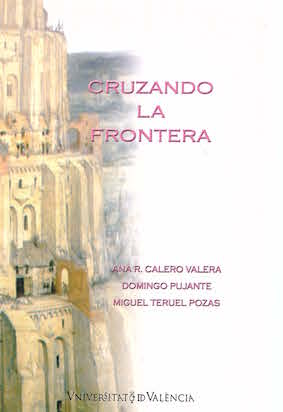‘La frontière tirée au cor-deau de sang dans la ville’: Les lieux-Sarajevo dans la narrative graphique d’Enki Bilal
DOI:
https://doi.org/10.7203/qf-elit.v12i0.5032Keywords:
comic, science fiction, cyberpunk, individual, frontier, war, destruction Abstract
Abstract
In the futuristic comics of Enki Bilal –author of Yugoslavian origin emi-grated to France– various socio-cultural issues related to the boundaries between the singularity and the group are being questioned. Through science-fiction narrative and its graphically marked cyberpunk aesthetics, he shows the danger of manipulative powers, fanaticism, religious intransigence, xenophobia and globalization. This results in a increasing loss of identity for the individual, who looks for himself, split into a hybrid, in places like Sarajevo, ground-zero areas, urban areas of destruction. By way of politics-fiction and the dystopias of the Trilogie de Nikopol and the Tétralogie du Monstre, Bilal draws the boundaries, not only spatial and cultural but also existential, between self and the Other.
 Downloads
Downloads
Downloads
Published
How to Cite
-
Abstract193
-
PDF (Español)147
Issue
Section
License
 Este obra está bajo una licencia de Creative Commons Reconocimiento-NoComercial-SinObraDerivada 4.0 Internacional.
Este obra está bajo una licencia de Creative Commons Reconocimiento-NoComercial-SinObraDerivada 4.0 Internacional.
Authors who publish with this journal agree to the following terms:
- Authors retain copyright and grant the journal right of first publication with the work simultaneously licensed under a Creative Commons Attribution License that allows others to share the work with an acknowledgement of the work's authorship and initial publication in this journal.
- Authors are able to enter into separate, additional contractual arrangements for the non-exclusive distribution of the journal's published version of the work (e.g., post it to an institutional repository or publish it in a book), with an acknowledgement of its initial publication in this journal.
- Authors are permitted and encouraged to post their work online (e.g., in institutional repositories or on their website) prior to and during the submission process, as it can lead to productive exchanges, as well as earlier and greater citation of published work (See The Effect of Open Access).



